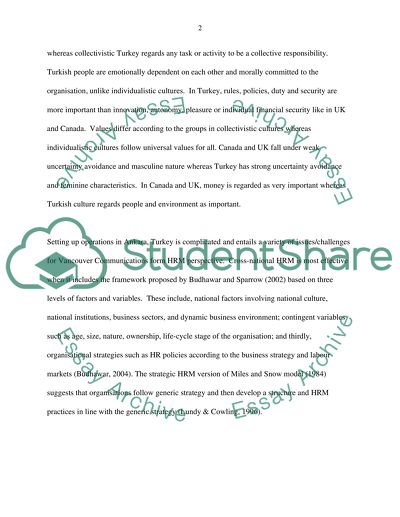Cite this document
(“INTERNATIONAL HRM Essay Example | Topics and Well Written Essays - 2500 words - 1”, n.d.)
INTERNATIONAL HRM Essay Example | Topics and Well Written Essays - 2500 words - 1. Retrieved from https://studentshare.org/miscellaneous/1572736-international-hrm
INTERNATIONAL HRM Essay Example | Topics and Well Written Essays - 2500 words - 1. Retrieved from https://studentshare.org/miscellaneous/1572736-international-hrm
(INTERNATIONAL HRM Essay Example | Topics and Well Written Essays - 2500 Words - 1)
INTERNATIONAL HRM Essay Example | Topics and Well Written Essays - 2500 Words - 1. https://studentshare.org/miscellaneous/1572736-international-hrm.
INTERNATIONAL HRM Essay Example | Topics and Well Written Essays - 2500 Words - 1. https://studentshare.org/miscellaneous/1572736-international-hrm.
“INTERNATIONAL HRM Essay Example | Topics and Well Written Essays - 2500 Words - 1”, n.d. https://studentshare.org/miscellaneous/1572736-international-hrm.


